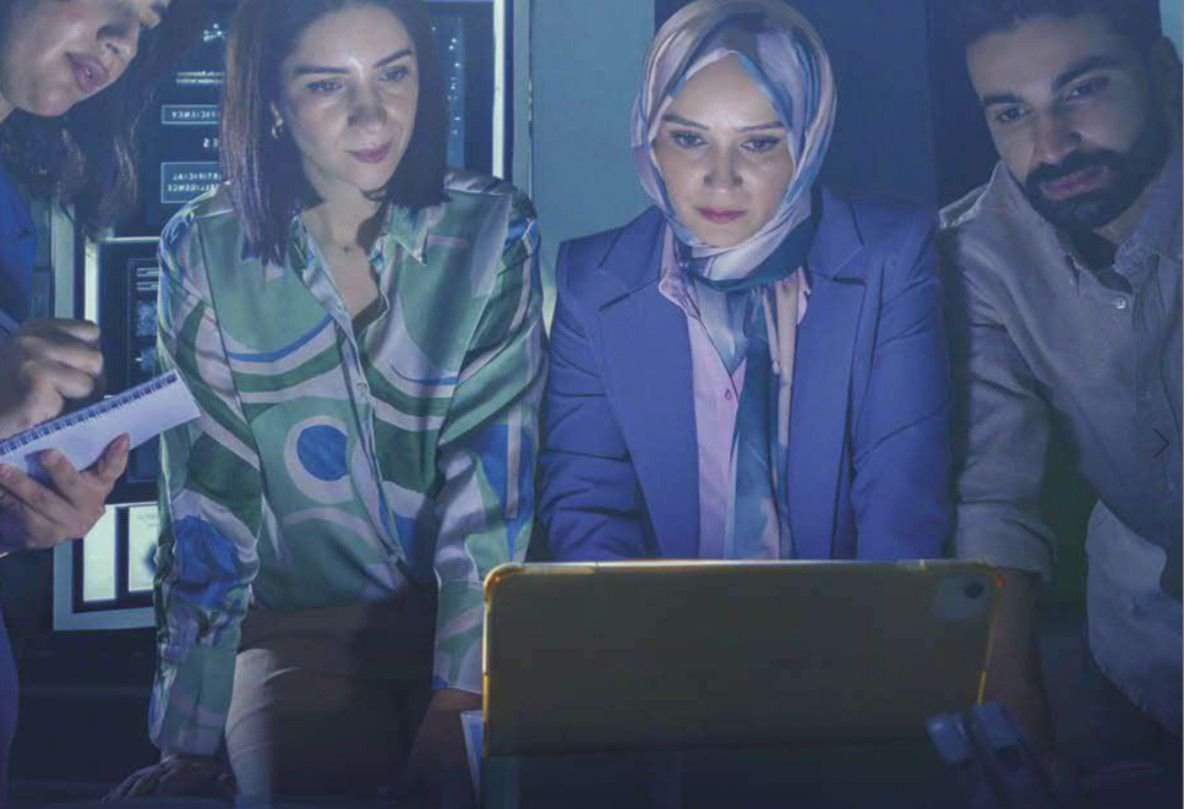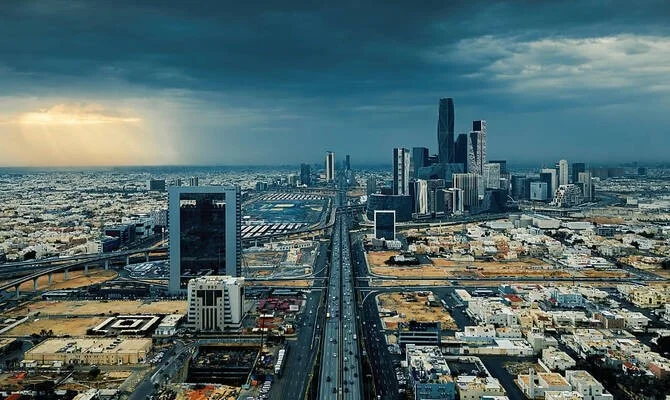Morocco has officially launched its new national digital strategy, “Digital Morocco 2030”, aimed at positioning the country as a leading regional digital hub and accelerating social and economic development. The initiative reflects King Mohammed VI’s vision of digital technology as a structural shift capable of creating jobs, attracting investment, and transforming governance.
The strategy is structured around two pillars: Digitalization of Public Services (e-Gov) and Development of the Digital Economy. On the e-Gov side, Morocco aims to improve citizen and business services by establishing a single portal for all public services and generalizing the use of shared digital identity and e-signature platforms. A key target is to boost Morocco’s ranking in the UN Online Services Index from 113th to 50th by 2030.
The economic pillar seeks to stimulate local production of digital solutions, attract foreign investment, and generate 240,000 direct jobs, while contributing 100 billion MAD to GDP by 2030. Artificial intelligence and other high-value technology sectors are identified as priorities for growth.
These efforts are supported by three accelerators: Digital Talents, to scale up digital professionals to 45,000 graduates annually; Inclusive Usage, to extend digital access to all citizens including rural and disabled populations; and Cloud & Connectivity, which focuses on strengthening national infrastructure and developing a sovereign cloud for public and private sector needs.
Built through a participatory approach involving civil society, the private sector, and public institutions, Digital Morocco 2030 represents a national commitment to digital transformation as a driver of inclusive development and economic competitiveness.















